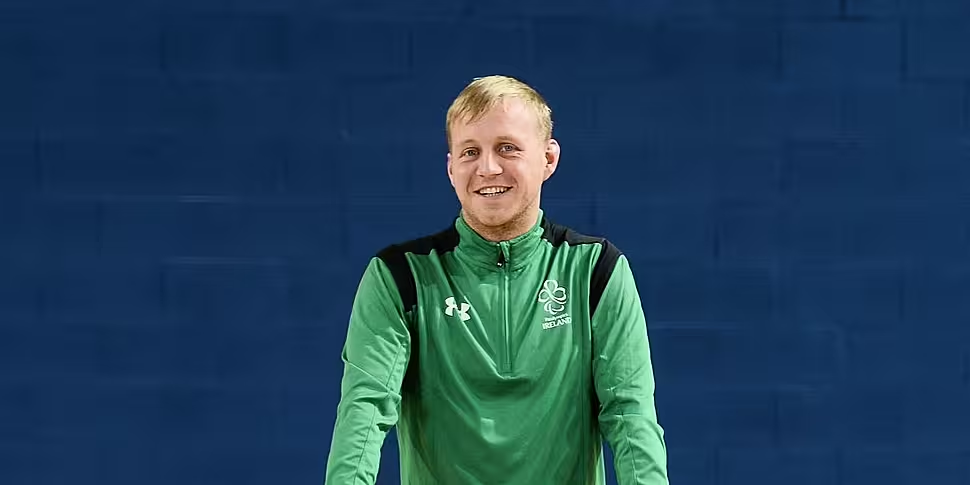A former Paralympian says disabilities need to be openly talked about, and even taught in schools.
Peter Ryan was speaking after fellow Paralympian Ellen Keane spoke to Off The Ball about the importance of the games, and why she corrects people when they refer to her as an 'Olympian'.
Peter told The Hard Shoulder there needs to be more exposure, such as role models in companies and on boards, along with education.
"I would go that far, yeah - my sister works in a special needs school and coming towards the end of the year she'll bring her kids into the school and just that exposure - whether it's to have a bit more gratitude in life, whether it's to have awareness.
"For me, I always remember going to my first Paralympic event and I still had hang ups going to that race.
"I still thought 'You're the only blind boy in the village'... and going there, just immersing yourself in the community.
"I always say 'the price of entry there was a tenner and a life problem' - and everyone at that event had one, but it fed back on me that they're all getting on with it."
Peter says awareness is the key.
"I think people with a disability - well, look at the whole populous in general - we're all going through our own thing.
"There's terminology that might have been used - I'm legally blind, visually impaired, whatever you want to call it - 10 years ago I might have capitulated if you called me blind.
"But now because of acceptance, empowerment and all the things that go with life I'm far more secure in myself with the fact that I have a disability and with the ownership of it.
"For me it all just stems back to awareness and educating people.
"If anything, people who are trying to be complementary calling her an Olympian, so it's just being open enough to have those conversations I suppose".
Peter says he understands why people not affected by disabilities don't understand it.
"The reality is there's far more people without the disability than there are with it.
"And if you haven't grown up with that awareness or grown up conditioned to it: our family didn't know anybody visually impaired or legally blind until it happened to me.
"And all of a sudden it's the epicentre of your world... they probably took more offence to comments or whatever than I did.
"But yeah, you do need to have those conversations".
He adds that there is a need to normalise such conditions from early on.
"I love when people are curious about my condition, or curious about what life's like as a visually impaired person.
"There's a reason I like going to schools and talking about it - the whole trick is trying to normlise these things.
"I'm happy out to start those conversations - I care most when there's a lack of empathy.
"Yes I'm all about parity for the people with disabilities, but there has to be an acknowledgement there that... if supports are needed... the able-bodied populous has to realise it's not parity unless you almost give that little bit of a nudge up.
"Or you need exposure - there's an awful lot of people with disabilities that, to be frank, are unemployed.
"Maybe that first opportunity they got, they didn't have the supports needed and then they had a bad experience and then the narrative becomes 'I'm unemployable' or 'I can't cut it at that level because it's so fast paced'".









